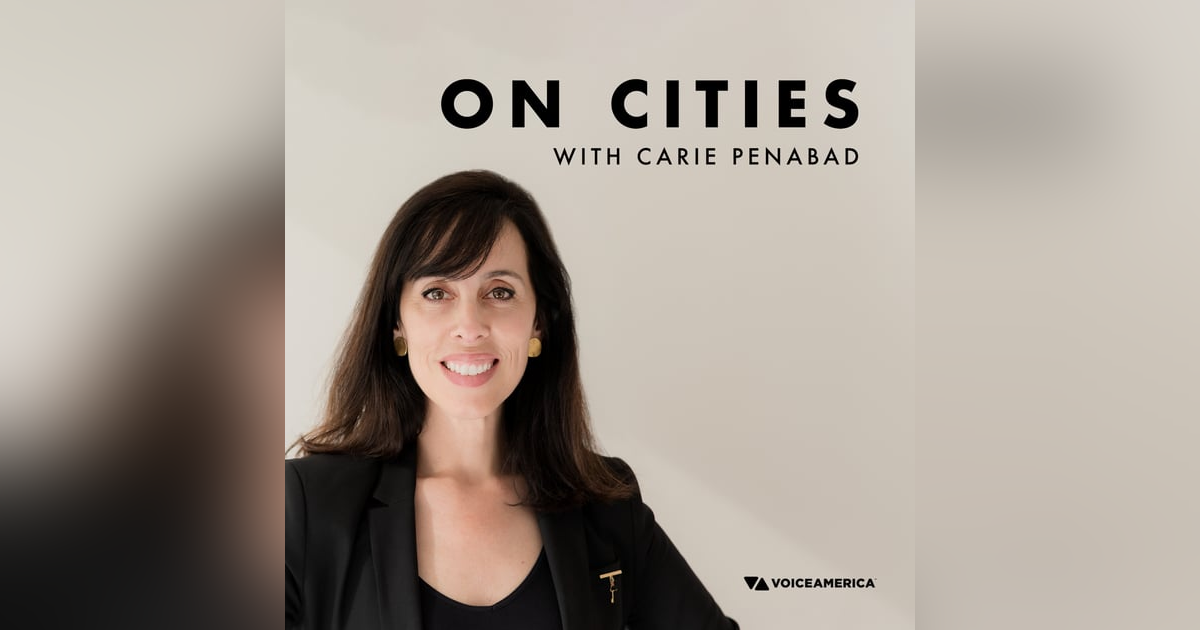Léon Krier: The Architecture of Community

In this episode of ON CITIES, host Carie Penabad will be speaking with Léon Krier, one of the most provocative architectural and urban thinkers of our time. Krier’s career has been a long-standing critique of the legacy of modernist city planning; and his revolutionary theories have changed the discourse of what makes a city successful through a return to traditional principles of architecture and town planning and the creation of community. Do not miss what will surely be a memorable conversation. Tune in Friday, May 26, 2023 at 11:00 AM EST, 8:00 PST on the Voice America Variety Channel https://www.voiceamerica.com/show/4119/on-cities; and find all previous episodes on Spotify, Apple iTunes or your favorite podcast platform.
Léon Krier is a renowned architectural and urban theorist. He briefly studied Architecture at the University of Stuttgart; and from 1968-1974, he collaborated with architect James Stirling in London. He is currently the architect of the Prince of Wales’s model town of Poundbury in Dorset, England, and the designer of the new city of Cayalá in Guatemala City. He is considered by many to be the intellectual godfather of the New Urbanism movement in the US. Beginning in the mid 1970s, Krier was appointed Professor of Architecture and Town Planning at the Architectural Association and Royal College of Arts, London and served on the faculty for nearly twenty years. He has also been a visiting professor at numerous institutions including: Princeton University and the University of Virginia. From 1990 to 1991, he was the Davenport Professor at Yale University, returning to Yale in 2002 as the Eero Saarinen Professor. He is a founding Trustee of the New School for Traditional Architecture & Urbanism in Charleston. Krier has been published in Architectural Design, Architectural Review and A+U, and is the author of several books, including Architecture: Choice or Fate (1998) and The Architecture of Community (2011). He is the recipient of the Jefferson Memorial Gold Medal (1985), the Chicago American Institute of Architects Award (1987), and the Europe and the European Culture Prize (1995). In 2003, he became the inaugural recipient of the Richard H. Driehaus Prize.